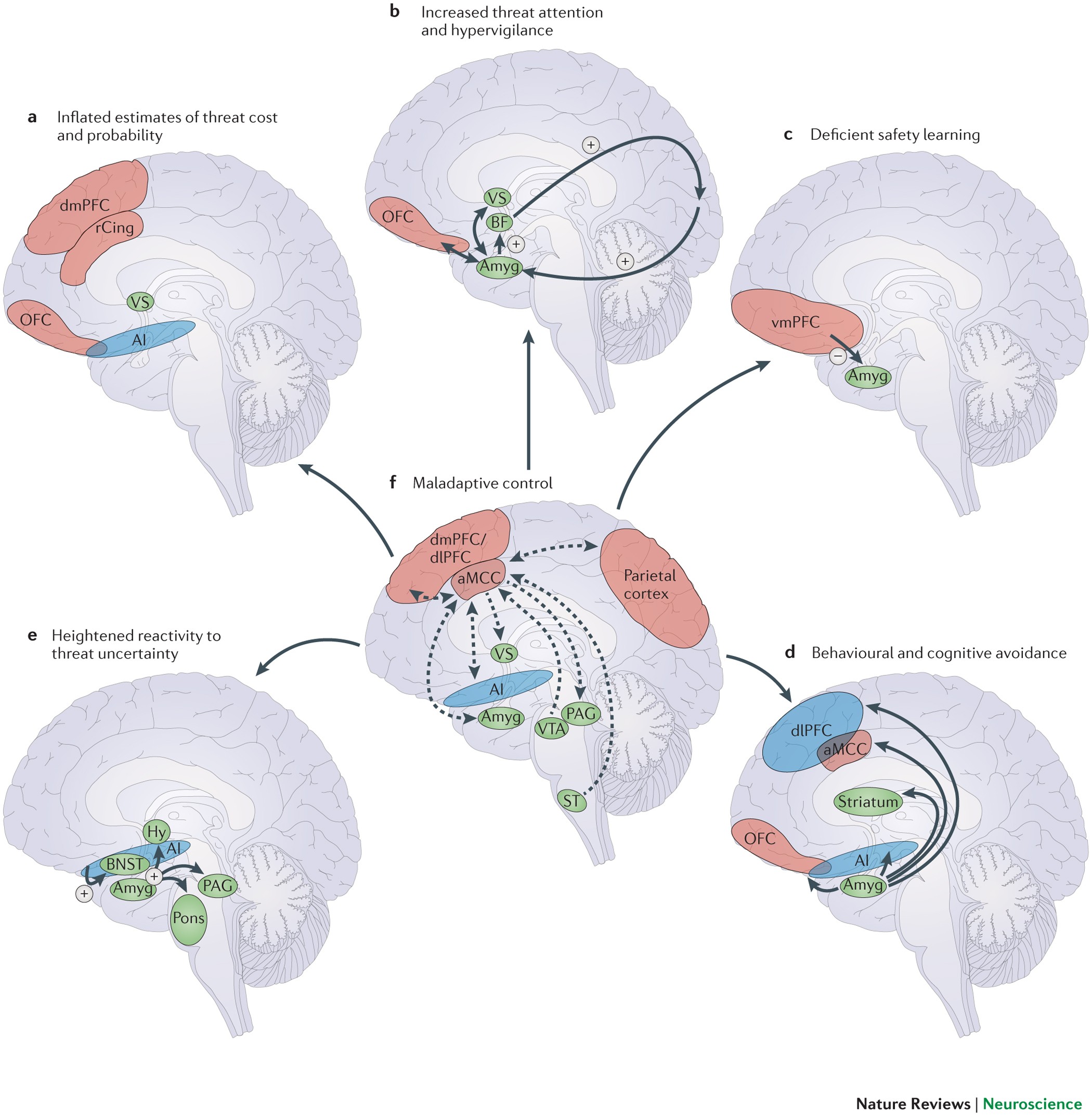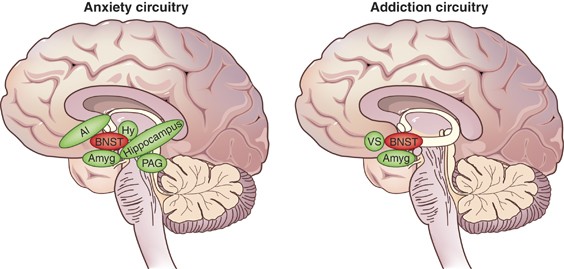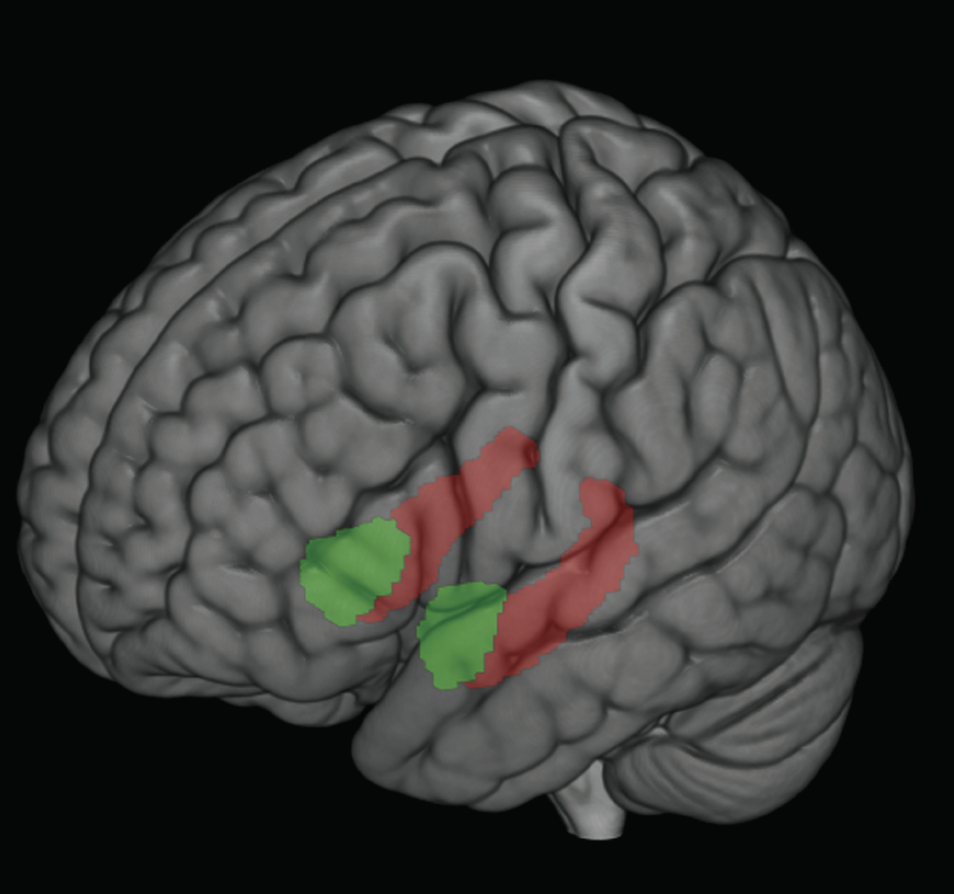Full article: Priorities in stress research: a view from the U.S. National Institute of Mental Health

The Neurobiological Mechanisms of Generalized Anxiety Disorder and Chronic Stress | Semantic Scholar

Brain regions involved in resilience to stress. Depicted in this figure... | Download Scientific Diagram
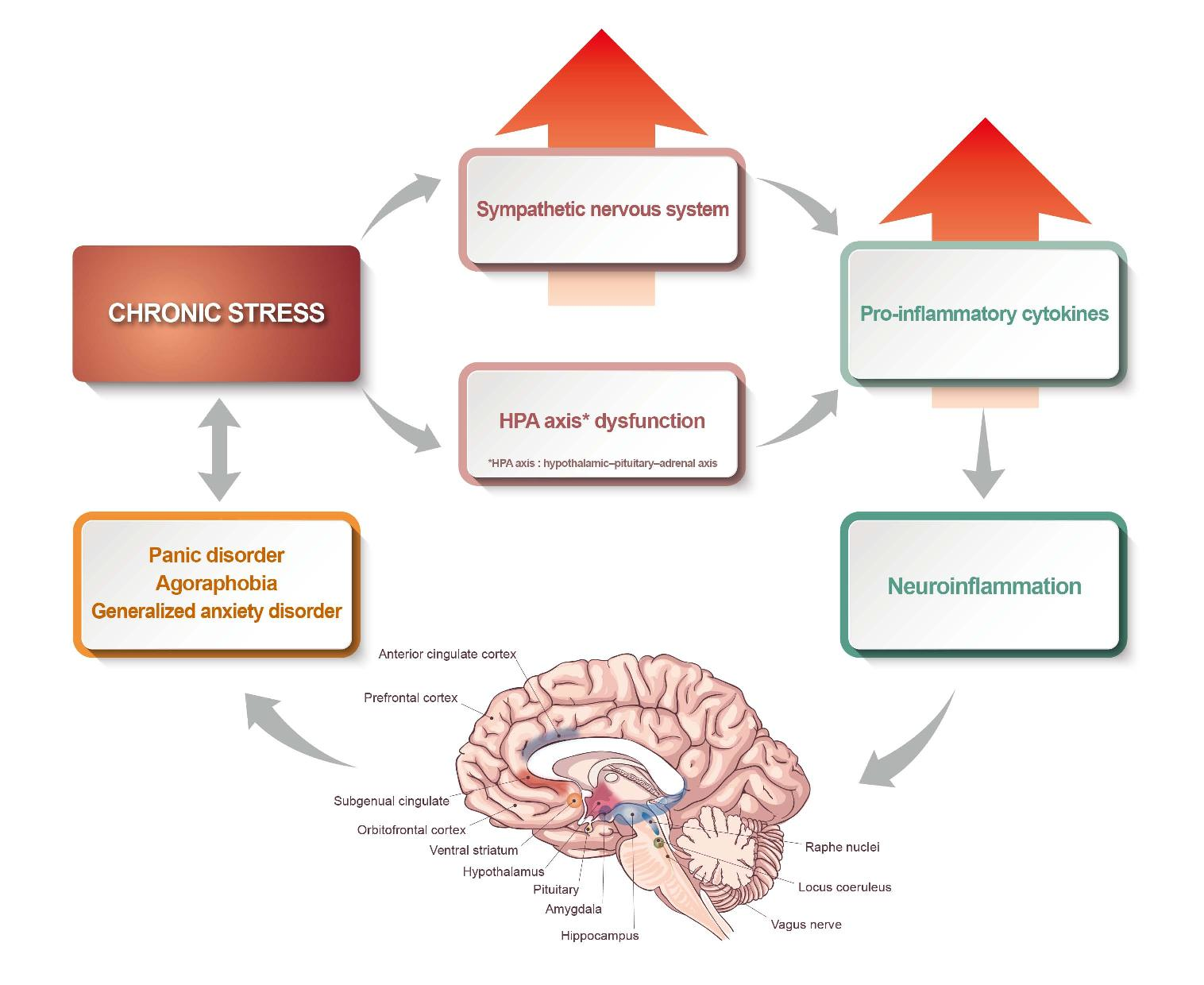
IJMS | Free Full-Text | Neuroinflammation-Associated Alterations of the Brain as Potential Neural Biomarkers in Anxiety Disorders

Involvement of oxidative stress and mitochondrial mechanisms in air pollution-related neurobiological impairments - ScienceDirect

Recent advances in the neurobiology of posttraumatic stress disorder: A review of possible mechanisms underlying an effective pharmacotherapy - ScienceDirect
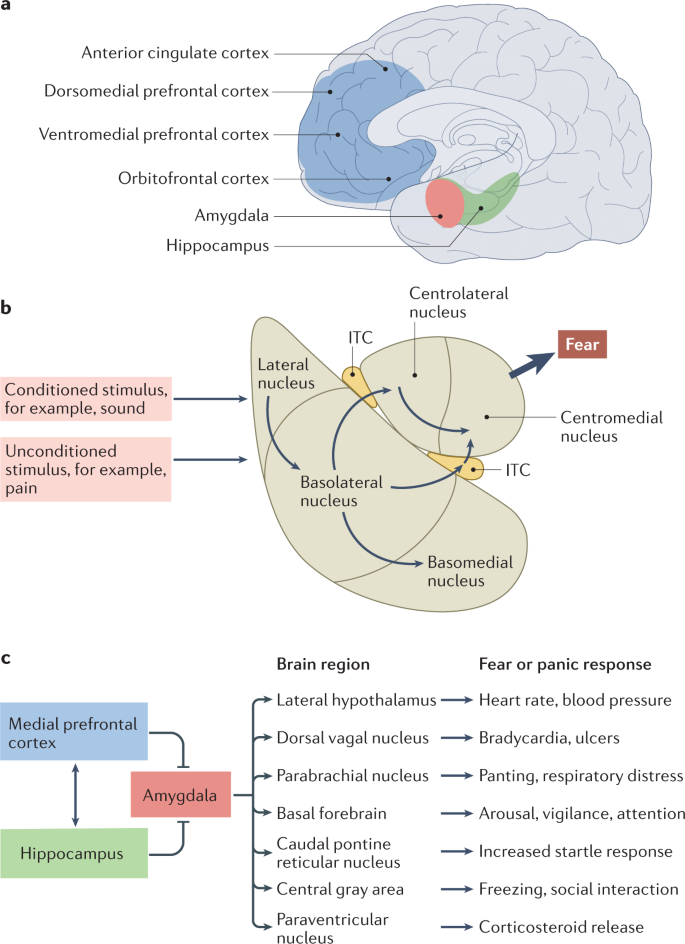
Post-traumatic stress disorder: clinical and translational neuroscience from cells to circuits | Nature Reviews Neurology
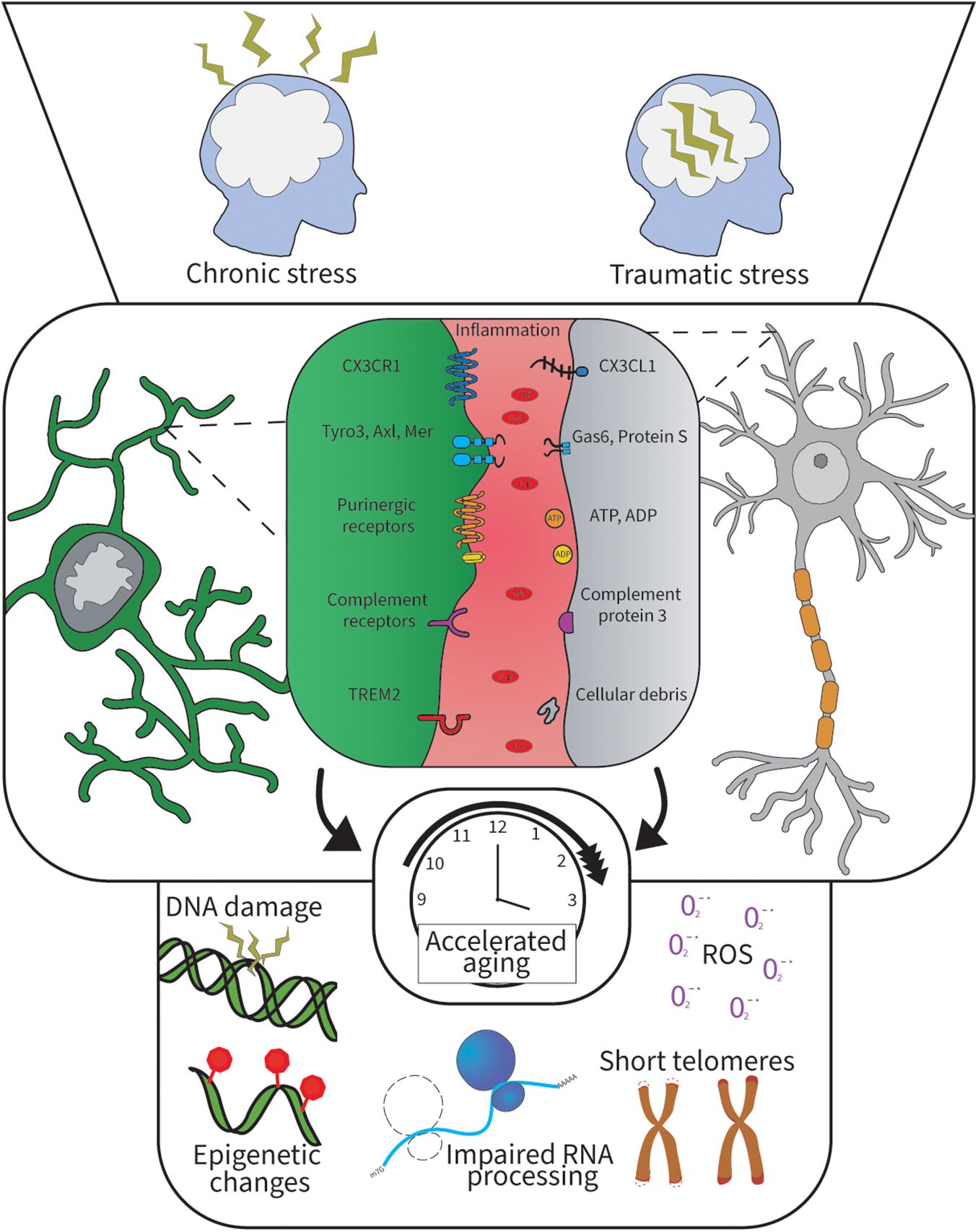
Frontiers | Psychological Stress as a Risk Factor for Accelerated Cellular Aging and Cognitive Decline: The Involvement of Microglia-Neuron Crosstalk

Identifying Neurobiological Markers of Posttraumatic Stress Disorder Using Resting-State Functional Magnetic Resonance Imaging Data: The Promise of Data-Driven Computational Approaches - Biological Psychiatry: Cognitive Neuroscience and Neuroimaging

The dynamic interplay between peripheral stress response and central... | Download Scientific Diagram

Chronic Stress in Adolescents and Its Neurobiological and Psychopathological Consequences: An RDoC Perspective - Chandni Sheth, Erin McGlade, Deborah Yurgelun-Todd, 2017
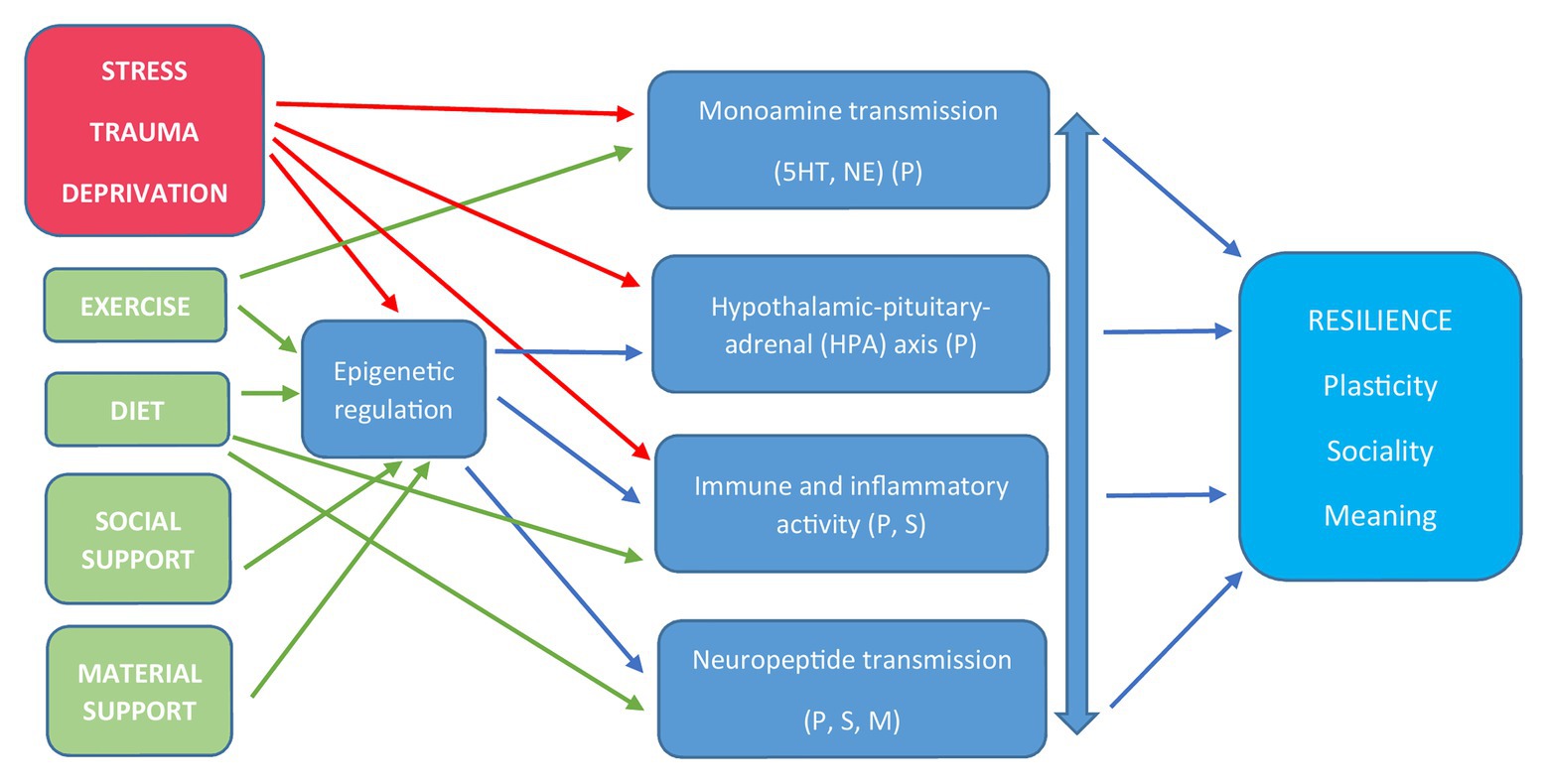
Frontiers | Harnessing the Neurobiology of Resilience to Protect the Mental Well-Being of Healthcare Workers During the COVID-19 Pandemic
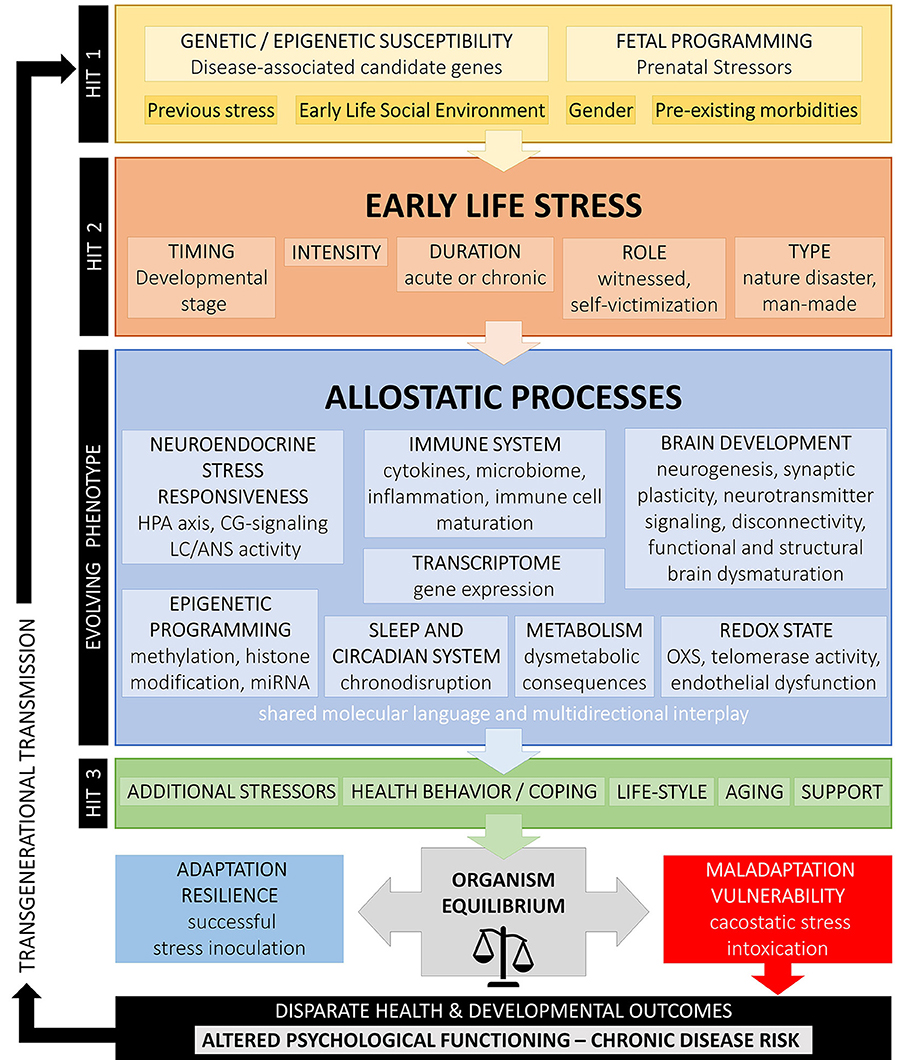
Frontiers | Developmental Trajectories of Early Life Stress and Trauma: A Narrative Review on Neurobiological Aspects Beyond Stress System Dysregulation

Resilience and the brain: a key role for regulatory circuits linked to social stress and support | Molecular Psychiatry

IJMS | Free Full-Text | Running from Stress: Neurobiological Mechanisms of Exercise-Induced Stress Resilience

IJMS | Free Full-Text | Genetic and Neuroimaging Approaches to Understanding Post-Traumatic Stress Disorder
